The History of Dispensationalism
Adapted from our book "The Sword of Christ" by Giles Corey
This is an article version of a thread we did on Twitter/X, which you can find here. This information is presented for purposes of historical education.
“God fights for Israel”
“Our greatest ally”
“God’s chosen people”
“God blesses those who bless Israel”
Statements like these are the legacy of a specific theological strain known as “dispensationalism,” which has served as one of the primary justifications for “Christian” Zionism, particularly in the USA. Both concepts are a primary focus of our book The Sword of Christ, in which author Giles Corey argues they are both anti-Western and anti-Christian.
While Corey traces the earliest roots of dispensationalism to the 16-17th century, this precursor to Christian Zionism was predicated on the conversion of Jews to Christianity. This precondition would however evolve.
In the 18-19th centuries, theological developments partly influenced by contemporary events set the stage for the arrival of dispensationalism, amid a reevaluation by some of the necessity for the conversion of Jews.
Corey writes that:
A litany of other factors converged to create “a growing interest among evangelical Christians in a futurist interpretation of Old Testament prophecy, in the rediscovery of the land of Palestine and in the conversion and restoration of the Jewish people,” including the burgeoning literary romanticism of the Orient and the Jews by the likes of Robert Browning, Byron, Walter Scott, Wordsworth, and George Eliot, whose novel Daniel Deronda decoupled Jewish emancipation from Christian conversion, instead linking Jewish restoration to Israel to ethnic Hebraic heritage.
Following this, writes Corey, “The two strains of premillennial Christian Zionism that simultaneously arose were historic or covenantal premillennialism and dispensational premillennialism.”
Covenantal premillennialists generally believe in the eventual incorporation of the Jews into the Church, seeing Palestine, the physical land of Israel, as one converted nation among many other Christian nations…. This eschatological branch provided the foundations for British Christian Zionism and the associated movement to “restore” the Jewish people to the land of Israel. The keynote to remember is that covenantal premillennialism still believes that Jews will be converted to Christianity.
In contrast, “Dispensationalists today generally hold that the Jews will return to Palestine before their conversion (although, as we shall see, conversion has essentially been dropped altogether), and that the Jewish people remain distinct and separate from the Church.”
Among the early dispensationalists, the figure who stands out most prominently is that of American preacher John Darby.
Darby and his followers “interpreted current events in the pessimistic light of revelatory apocalyptic prophecy, and promulgated a millennial (and beyond the millennium) distinction between Jews and the Church.”
His pessimistic, end-times-obsessed theology also presaged another modern pathology of Christian Zionist conservatism, as according to one critic, it “totally forbids all working for earthly objects distant in time.” An example of this is given in which “a mathematics enthusiast who sought Darby’s advice on whether he should continue his studies” was told that “Such a purpose was very proper, if entertained by a worldly man…. such studies cannot be eagerly followed by the Christian, except when he yields to unbelief.”
In other words, any practical, temporal consideration can be criticized on the basis of not being Christian enough… except support for Israel, which has now become a “Christian” virtue unrelated to Christ Himself.
Corey continues:
The most important promulgators of American dispensationalism were Darby’s associate James Brookes, Dwight Moody, William Blackstone, and Cyrus Scofield…. they all shared a restorationist conviction that Jews had a divinely ordained right to Palestine, along with the belief that the Abrahamic covenant was immutable, that the Jewish people were always and forever God’s chosen people, apart from the Church.
The logical consequence of believing that God has separate purposes for Israel and the Church is that evangelism and restoration come to be seen as equally valid, instead of mutually exclusive.
The last among those, Cyrus Scofield, would soon become “the man who made the single greatest impact in enshrining Christian Zionism in American life,” with his creation of the Scofield Reference Bible.
Corey notes that “There exists a curious dearth of biographical information on Scofield, unlike his fellow dispensationalist contemporaries… There are numerous gaps in his life, but of what we do know, he appears as a man devoid of any scruples whatsoever.” During the Civil War, Scofield deserted the Confederate Army and fled to the Union, where he briefly held political office.
Corey describes Scofield further:
In less than one year, Scofield was forced to resign for a litany of financial crimes, including accepting railroad bribes, embezzling political contributions, and forging signatures on promissory banknotes…. A known alcoholic, Scofield abandoned his wife and two daughters around this time, declined to pay for their maintenance, and married another woman only three months after his first wife divorced him on grounds of desertion.
Despite this personal record of failure, Scofield soon found himself favored by not just contemporary dispensationalist notables, but institutions of high society, such as the Lotos Club in New York, which has also been associated with individuals such as Carnegie, Chrysler, Eisenhower, Guggenheim, Hearst, Schwab, and others.
Corey writes that Scofield’s sudden rise is likely to be attributed to the direction of his career by a powerful benefactor, who was likely Samuel Untermyer, a Jewish Zionist, Wall Street lawyer, and Democrat fundraiser. Under Untermyer’s patronage, Scofield would produce his infamous Reference Bible.
This book soon became “the most influential book among evangelicals during the first half of the twentieth century.”
Its notable characteristics included:
Reference notes, largely plagiarized from Darby
Commentary printed alongside Scripture, for the first time since the 1560 Geneva Bible
New chapter, paragraph, and even verse titles within the text
The text itself was identical to the King James, and as the grammar became more difficult for contemporary audiences to read, they relied more and more on the modern language of Scofield’s footnotes.
Corey notes that “Within only a few years, Scofield was able to get his notes accepted as Scripture.” Additionally, “Aside from the millions of dollars spent by unknown parties to promote the book, it is also important to understand that Scofield’s Bible was published shortly before World War One; the carnage of that “war to end all wars” shattered the regnant postmillennial optimism that had until then prevailed in American Christianity….” World War I became seen as a vindication of dispensationalism’s apocalyptic pessimism. “Hence the pointless carnage of the World Wars literally sold the Scofield Bible and its apocalyptic pro-Israel message.” Finally, “The 1948 creation of the State of Israel also made Scofield’s premillennialism seem prophetic.”
Spearheaded now by Scofield and his work, dispensationalism and political Christian Zionism took off on a rapid upward trajectory. It soon captured the Southern Baptist Convention. Scofield later became the head of the Southwestern School of the Bible, the forerunner to the Dallas Theological Seminary founded by his disciple Lewis Chafer, who “wrote the first systematic theology of dispensational Christian Zionism.”
Fundamentalists and evangelicals made common cause with Christian Zionists over social and political issues, and by the time of the Zionist Reagan administration, “the two were virtually indistinguishable from one another.”
With their newfound political dominance, Christian Zionist dispensationalists such as Hal Lindsey could (and did) go wild with fever-dream interpretations of Biblical prophecy to justify Israeli and American Zionists political interests, particularly conflict with Israel’s enemies in the Middle East.
Indeed, Lindsey’s so-called “plain meaning” literalism is nothing but a license for “uninhibited exegetical exploitation.” For example, Lindsey said that in the Book of Revelation, John “actually saw . . . supersonic jet aircraft with missiles . . . intercontinental ballistic missiles with Multiple Independently Targeted Re-entry Vehicles tipped with thermonuclear warheads, . . . aircraft carriers, missile cruisers, nuclear submarines, laser weapons, space stations and satellites”; Lindsey and his ilk even go so far as to add words to the Scripture that were not there, supposedly to “let the reader understand.” In his effort at assimilating all of his predictive prophetic interpretations, Lindsey employs constantly shifting goalposts to accommodate every geopolitical development within prior predictions.
By this point, prominent American Christian Zionists began to receive material rewards directly from the state of Israel, such as Jerry Falwell receiving from Israel “a personal Learjet,” and in 1980 becoming “the first Gentile to be awarded the Vladimir Ze’ev Jabotinsky Medal for Zionist excellence by [Israeli] Prime Minister Begin.” Corey quotes Stephen Sizer, who argued that Falwell “succeeded, probably better than any other American Christian leader, in ensuring his followers recognize that their Christian duty to God involves providing unconditional support for the State of Israel.”
Corey goes on to demonstrate in detail how the theology of dispensationalist “Christian” Zionism has evolved into a complete inversion of Christianity. Modern dispensationalists hold that the Jewish people remain “God’s chosen people,” and the recipients of unique promises and blessings. Israel has thus come to surpass the Church, and the true purpose and greatest blessing for Christians comes from supporting the earthly destiny of the Jewish state and people. Certain extremists such as John Hagee have even stated publicly that they believe Jews do not need to and should not be converted.
This provides a summary of the development of Christian Zionism. To learn more, pick up Corey's book The Sword of Christ for yourself, including a foreword by Dr. Kevin MacDonald, which we published after it was banned from Amazon.
The book also covers topics including the compatibility of nationalism with true Christianity, the myth of “Judeo-Christianity,” the historic relationship between Jews and Christians/Gentiles, theories of Christian violence, and more.






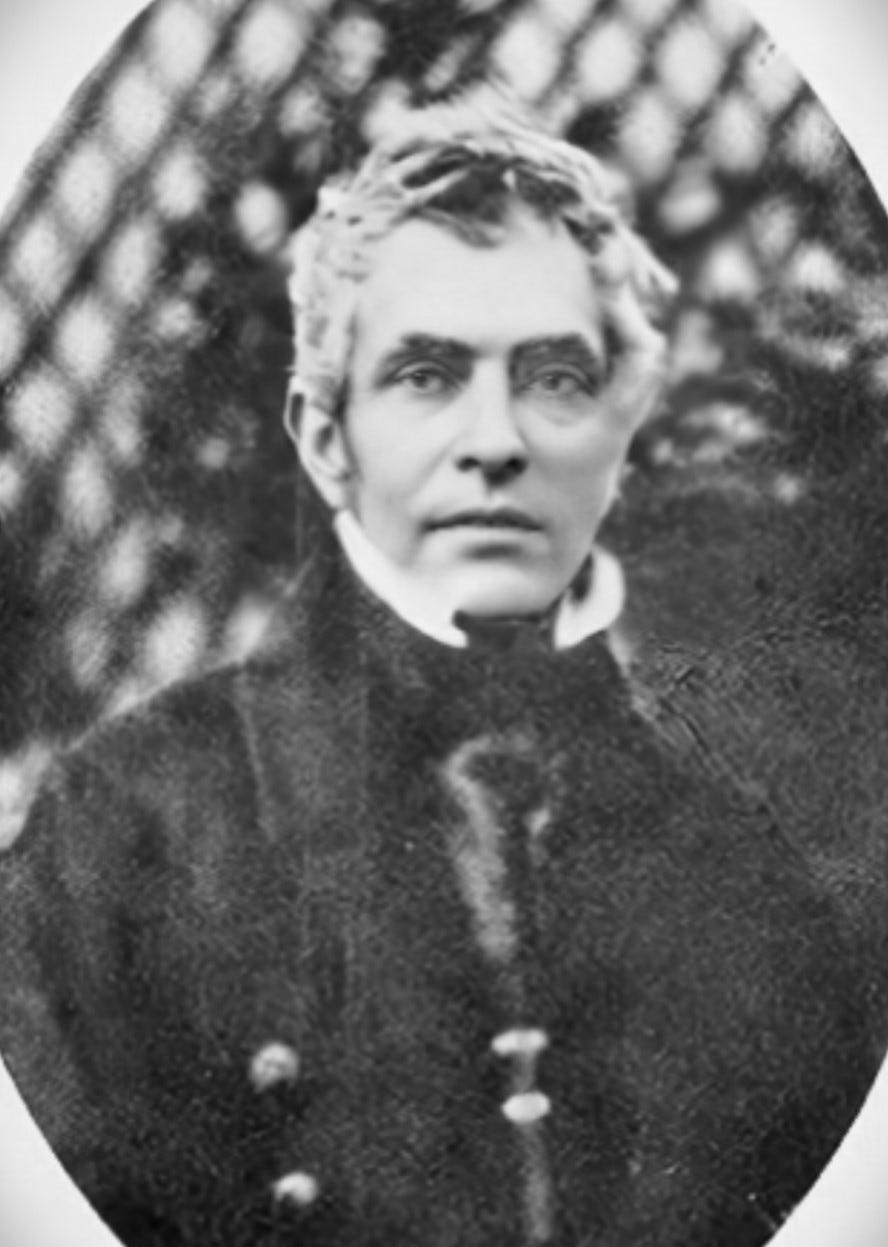
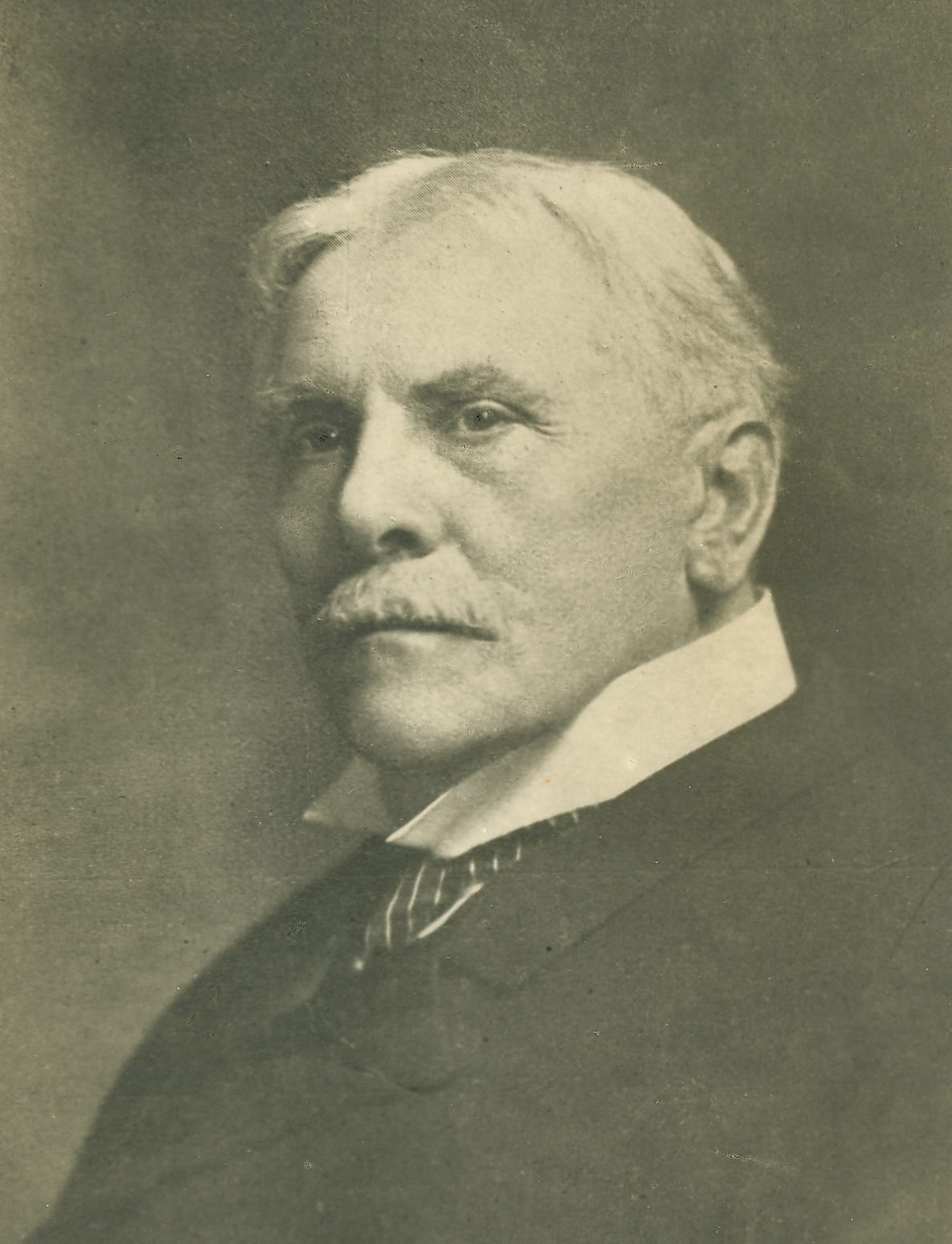
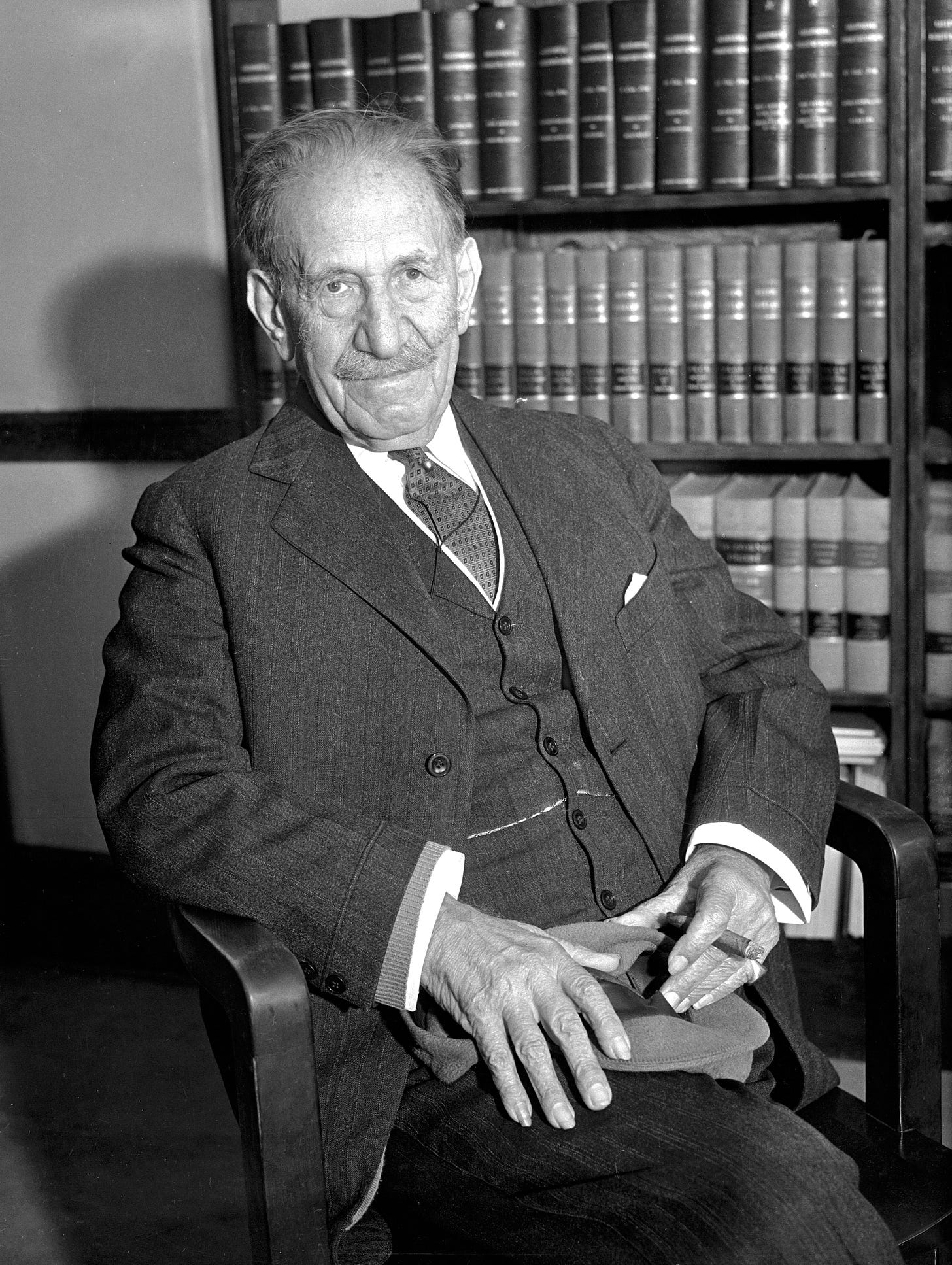
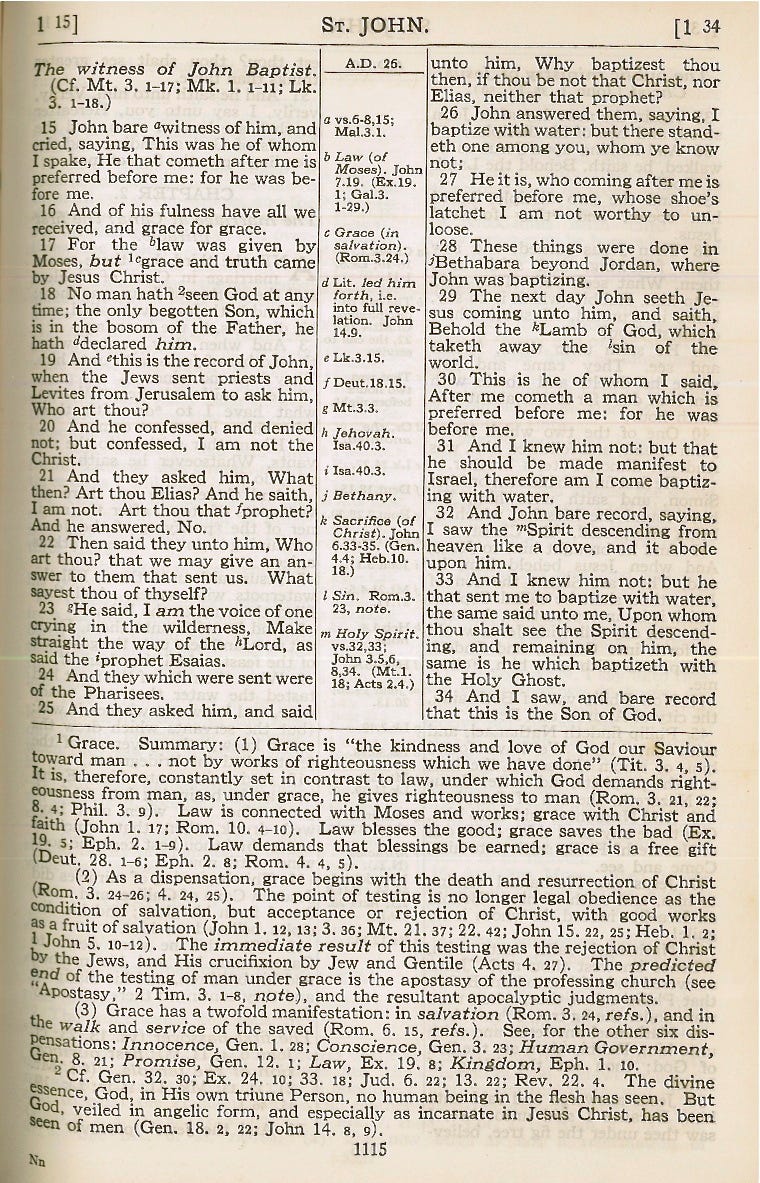
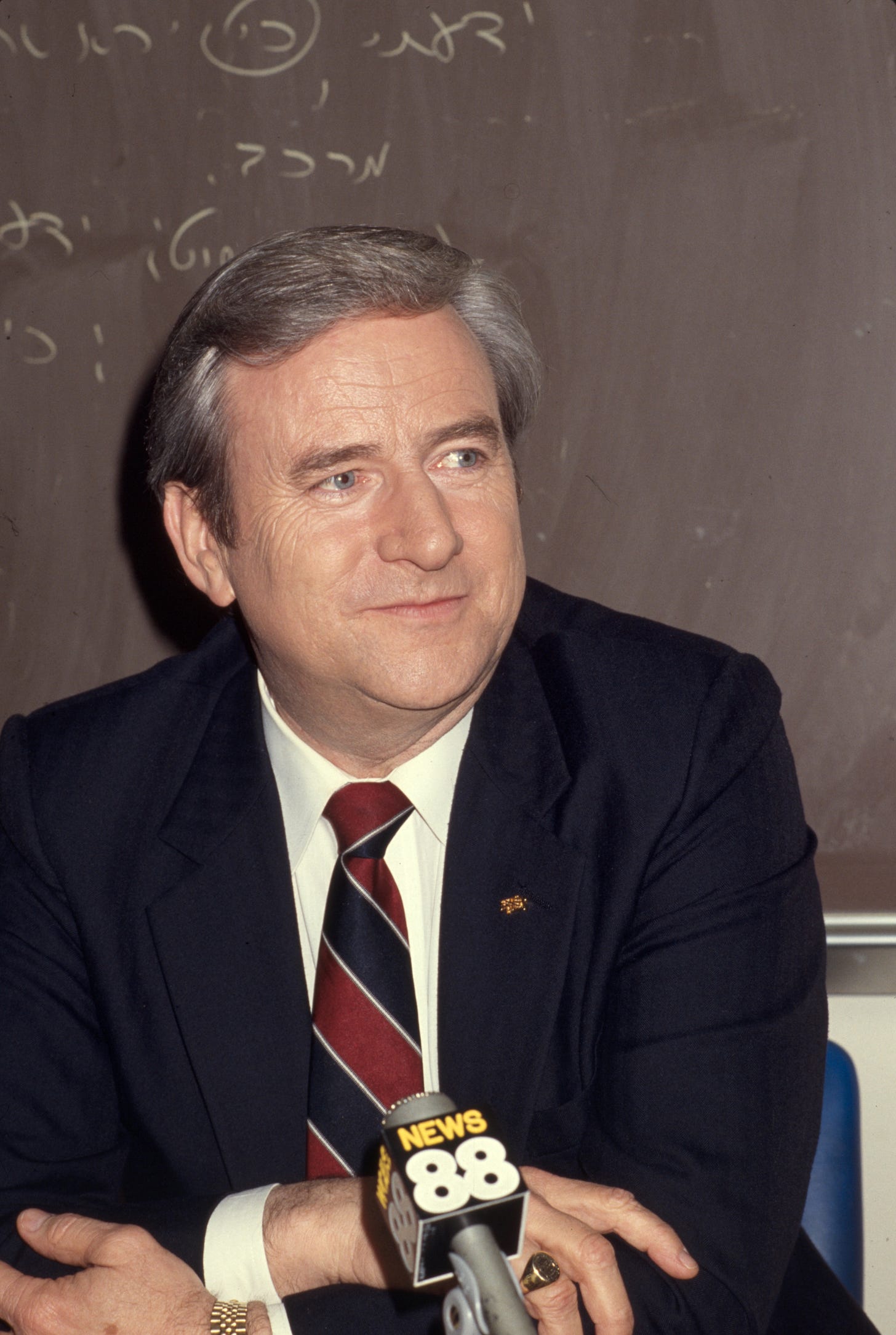


I'm told that there are more Christian Zionists in Texas than there are Jewish Zionists on the entire planet. Personally, I've always found the idea that the God of All Creation has favourites extremely amusing. The idea that he prefers Jews, who demanded his crucifiction, to Christians, who believe in Him, is even more ludicrious & simply untenable for anyone with any Faith or a brain.
I have a female friend who's an Evangelical Christian & while I openly disagree with her in conversation, on many points of theology, I don't tell her that I actually think her beliefs are about as Christian as Mormons, Seventh Day Adventists & the like. I'm not sure our friendship would survive the fallout.
This age old argument doesn’t fly anymore!
The essence of Christ Jesus is so powerful, it becomes a nonsense argument to remain entrenched in the Jewish claims.
Jews only thrive by means of religious riddles like the Talmud and their Kabbalah. One that enters their religious beliefs and rubbish never leaves!